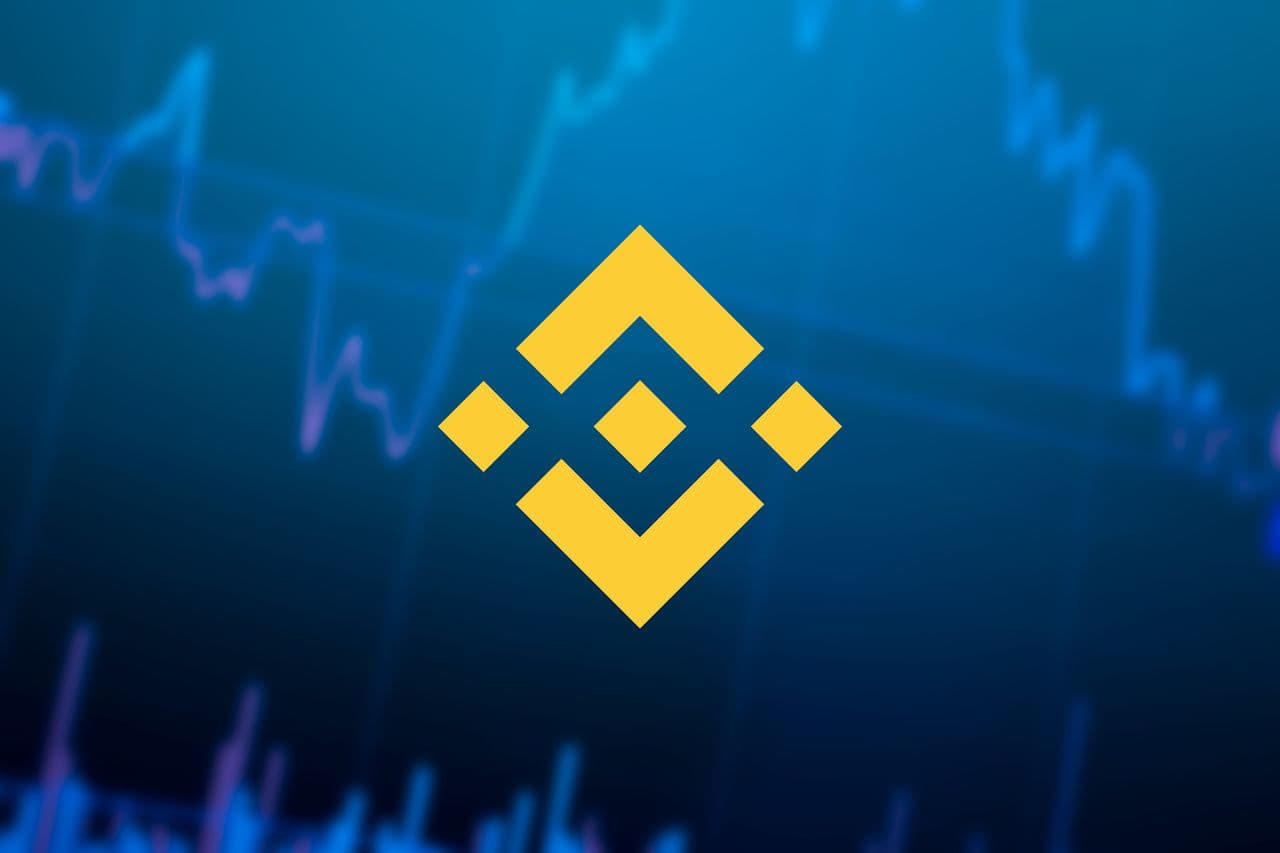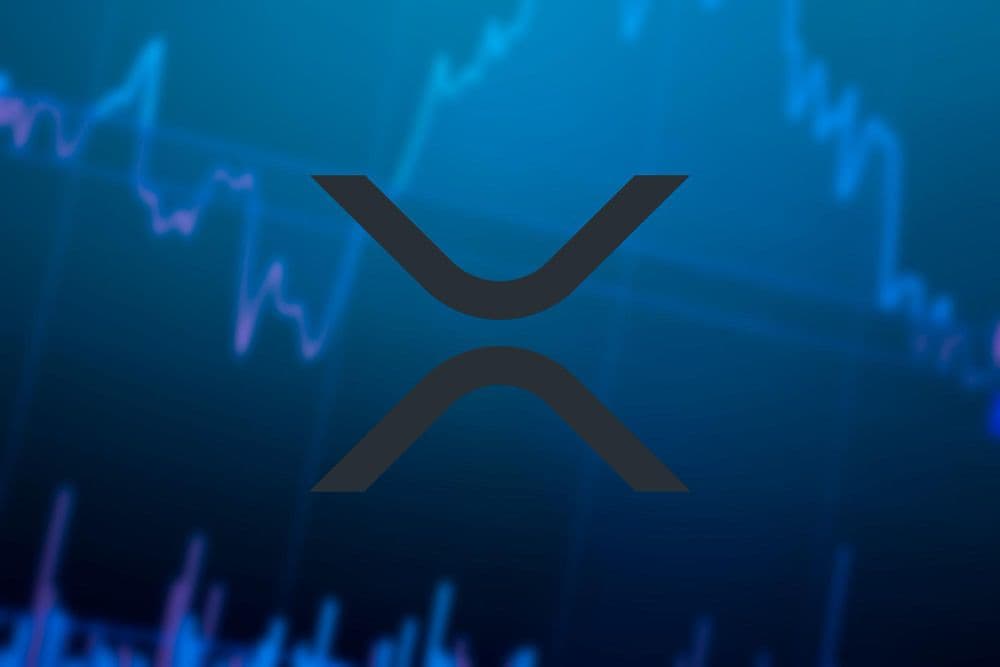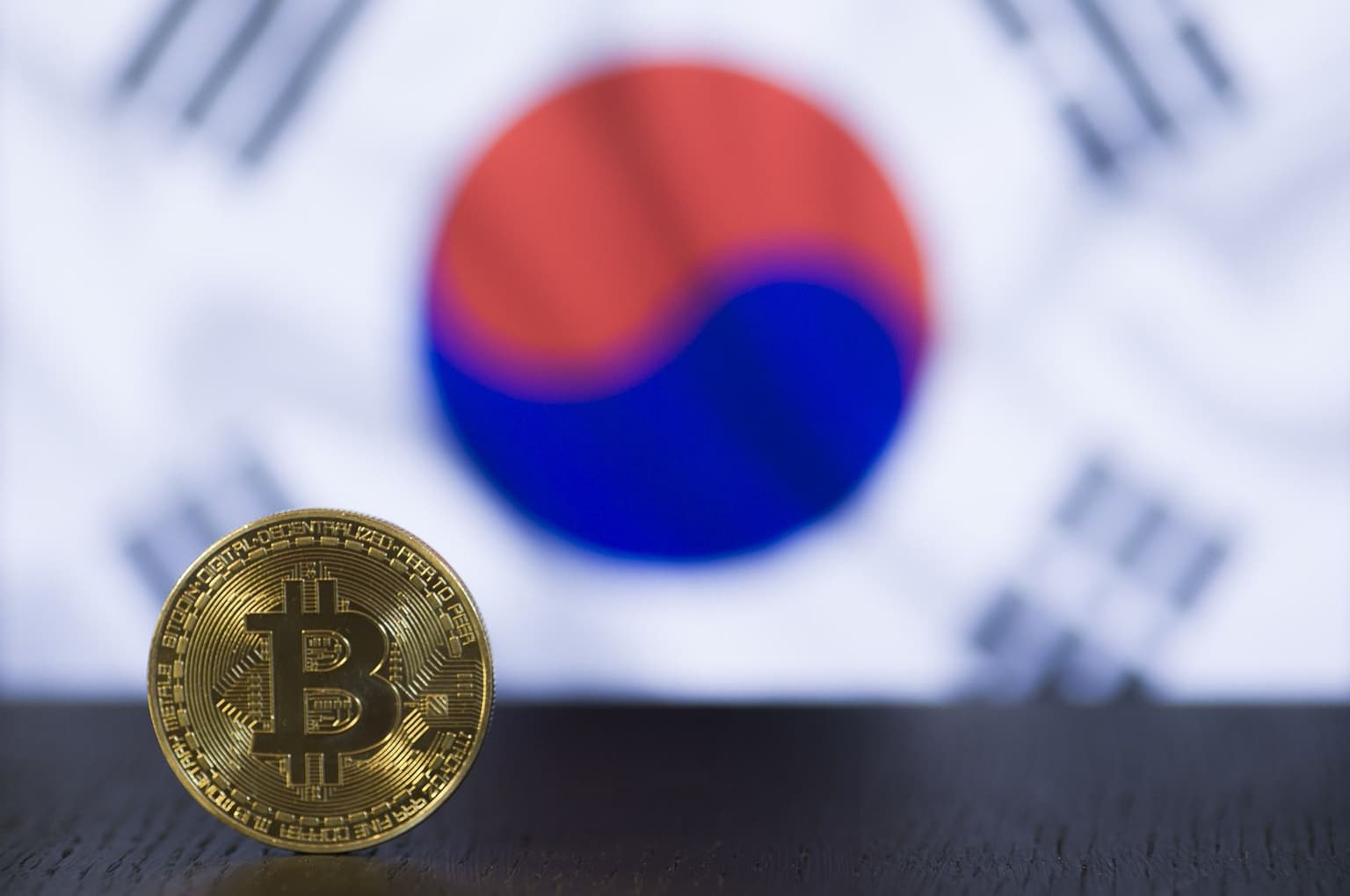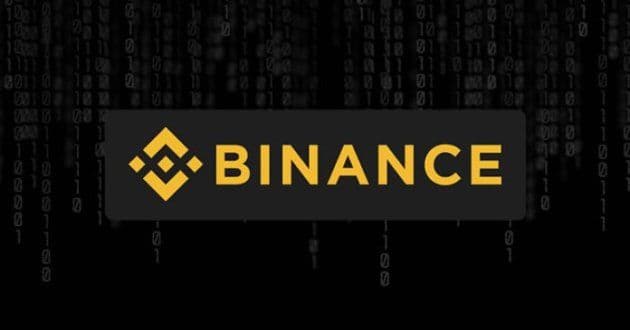Binance Faces Blockade in the Philippines
Philippines SEC blocks Binance, citing lack of licenses and financial safety concerns for investors. What it's impact for Filipino Traders?

In this article, we delve into the recent regulatory actions taken against the global cryptocurrency exchange Binance by the Philippines’ Securities and Exchange Commission (SEC). The regulatory body has moved to block local access to Binance, citing operation without the necessary licenses, and raises concerns over the financial safety of Filipino investors.
SEC’s Crackdown on Unlicensed Operations
The Philippines’ SEC has intensified its scrutiny of cryptocurrency exchanges, particularly targeting Binance for operating without appropriate licenses. The commission has successfully secured approval from the National Telecommunications Commission (NTC) to block Binance’s website and associated services across the country. This action aims to safeguard Filipino investors from potential financial risks associated with unregulated investment platforms.
Allegations and Accusations Against Binance
Emilio Aquino, the Chairperson of the SEC, has highlighted that Binance’s offerings, including crypto savings accounts and leveraged trading, were introduced to the Filipino market without the required authorizations. This has prompted the SEC to issue a formal warning in November against the exchange’s operations in the country. Moreover, the commission has sought cooperation from tech giants like Google and Meta to stop Binance’s advertisements targeting Filipino users, fearing the impact of social media promotions.
Global Regulatory Challenges
Binance’s regulatory hurdles are not confined to the Philippines. The exchange has faced similar issues in Nigeria and other countries, emphasizing the growing global scrutiny over cryptocurrency platforms. These challenges highlight the need for crypto exchanges to comply with local regulations to ensure their operations remain uninterrupted. Us, Cryptoticker already got a News about this wayback November, 2023. Read more about it here.

The Impact of Binance’s Ban on Filipino Investors and the Crypto Market
This ban not only impacts Binance’s operational capabilities within the Philippines but also sends a strong message to other cryptocurrency exchanges operating without proper licenses. The SEC aims to safeguard Filipino investors from potential financial risks while emphasizing the importance of compliance with local regulations. This section could also explore the broader implications of this ban on the global cryptocurrency market and other exchanges operating in the Philippines.
The Path to Compliance and Investor Protection
The SEC’s decisive actions signify a stern warning to other exchanges operating without compliance in the Philippines. By enforcing these measures, the SEC aims to promote a safer investment environment and encourage platforms to obtain the necessary licenses. This move aligns with the government’s efforts to regulate the cryptocurrency sector while recognizing investor interest in digital assets.
Conclusion
The Philippines’ recent move to block Binance underscores the importance of regulatory compliance in the cryptocurrency industry. As countries worldwide navigate the complexities of digital currencies, exchanges must adhere to local laws to protect investors and maintain market integrity. This situation serves as a cautionary tale for other platforms operating in the shadows of regulatory frameworks.





























